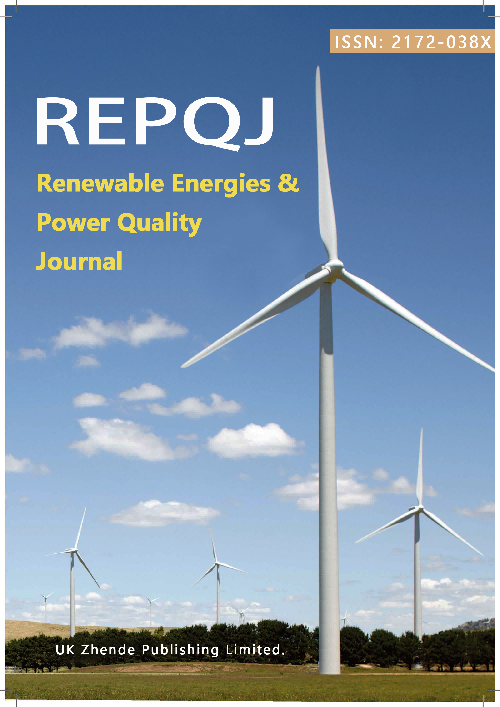Improving Fault Prediction Precision of New Energy Vehicle Power System Through Adaptive Deep Gaussian Process Model
DOI:
https://doi.org/10.52152/4281Keywords:
Deep Gaussian Process, Adaptive Gradient Descent, New Energy Vehicles, Power System Fault, Prediction PrecisionAbstract
In the fault prediction of new energy vehicle power systems, the limitations of traditional methods in capturing complex nonlinear relationships have led to low accuracy of fault prediction. Especially when dealing with changes in data distribution caused by changeable working conditions, it is difficult for traditional fixed parameter models to maintain high accuracy. In this paper, a fault prediction method based on the adaptive (DGP) model is constructed. In the data preprocessing stage, the cell voltage and temperature thresholds are set to eliminate abnormal data effectively. The K-nearest neighbor (KNN) algorithm is used to fill the missing values of missing data in the state of charge (SOC) to ensure the completeness and accuracy of the data. A DGP model is constructed, and its unique multi-layer structure is used to deeply refine different abstract features of the input data layer by layer. By combining random variational inference technology, the model parameters are further optimized, reducing the computational complexity and improving the efficiency of processing large-scale fault data. The adaptive gradient descent (AGD) algorithm is applied and integrated with the DGP model to construct the AGD-DGP vehicle fault prediction model. This model can dynamically adjust the learning rate of each layer of model parameters, accelerate the convergence speed, and avoid unreasonable parameter updates. The experimental results show that in 50 experiments, the error rate of the AGD-DGP model continues to be below 2.15%, and the average error rate is 1.32%. The average accuracy rate of the AGD-DGP model for extracting six kinds of fault predictions such as temperature difference failure, battery high temperature failure, insulation failure, and motor failure is 96.25%. The AGD-DGP vehicle fault prediction model constructed in this paper effectively solves the limitations of traditional methods in complex power system fault prediction and achieves high-precision and high-stability fault prediction.
Downloads
Published
Issue
Section
License
Copyright (c) 2025 Zhaoming Huang, Xuhui Yang, Can Guo (Author)

This work is licensed under a Creative Commons Attribution 4.0 International License.











